Tel: 07840 341 227
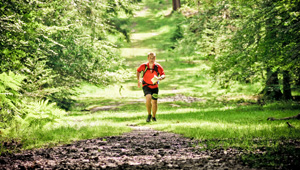
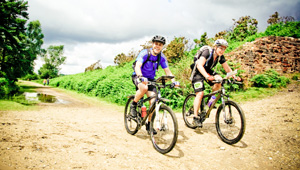
New to Adventure Racing?
Adventure Racing is one of the fastest growing multi-sports in the UK and is quickly gaining momentum as more and more people discover it. It combines different outdoor sports, but the three main disciplines in the majority of races are:
Trail Running • Mountain Biking • Navigation
None of these will be of a highly technical or difficult nature, so anyone can have a go. Many newbie Adventure Racers still have practically no idea how to read a map and some of the best began by borrowing a bike, but they thought; “I could give that a try”, and they did. If you’re thinking the same, you’re an Adventure Racer at heart.
One defining factor that makes the combination of these sports an Adventure Race is navigation. You have to navigate from checkpoint to checkpoint, and there are some advantages to this for the beginner. The quickest don’t always win for a start but, more importantly, courses are often designed so you choose which, and how many, checkpoints to go to.
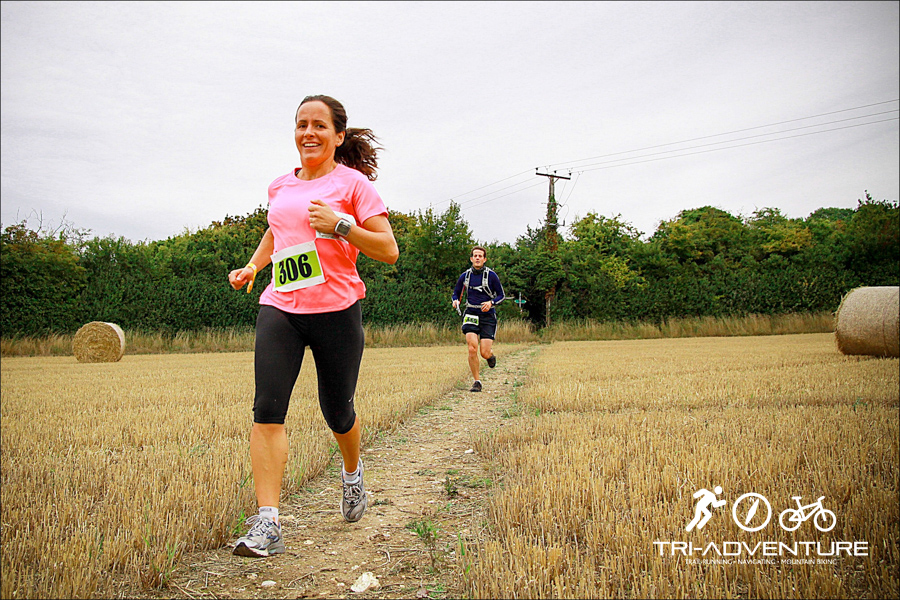
So, in your first race, you can just do a few checkpoints, and gradually build up. Everyone competes together, but at his or her own level, and there is always lots of incentive to raise your level and get one more checkpoint.
You can race solo, in pairs or teams of three & four, so teamwork is vital. The locations change every time, and most courses are off-road on woodlands, heaths, moors and mountains, though there are some urban races too. For those who love the outdoors, it takes you to all the best places! So, it’s an outdoor sport that lets you go anywhere and do anything with any number of friends. No wonder it’s so popular!
Who gets involved? And Why?
There is no such thing as a typical Adventure Racer. They come from a variety of sports; running, mountain biking, team sports, orienteering, triathlon, climbing and mountaineering. The sport attracts people from a huge variety of backgrounds, with vastly differing fitness levels and a wide range of ages, and they come in all shapes and sizes. Adventure Racers tend to have a base level of fitness, enjoy the outdoors and have a taste for doing something that’s different, fun, challenging and adventurous over the weekend!
What will you get out of it?
- Push yourself – you can push yourself as hard or as gently as you want.
- Mental agility – strategy, navigation, tactics and route choice.
- Wellbeing – exercising in the great outdoors and becoming ‘at one with nature’ is very empowering and great for the soul!
- New challenges – never kayaked, navigated or mountain biked before? What a great place to start.
- Fun – you must be able to laugh at yourself and others (when you get horribly lost, capsize etc. You’ll be pleased to know that even the very best in the sport get lost every now and again!)
- Friends – whether taking up the challenge with friends or family or coming along on your own, you’ll soon be part of a very welcoming and supporting Adventure Racing community – race buddies and training partners a-plenty.
- Dare to be different – have a great story to tell in the office, at the running/ triathlon club or gym on Monday!
Where to start?
There is only so much research, reading, talking and procrastinating that you can do! It’s time to stop yapping and take that leap of faith. Tri-Adventure offer a fantastic platform of races for the beginner as well as the experienced Adventure Racer. Use the quick links below or check us out at www.triadventure.co.uk
Why not give it a try, starting with a Trail event. This running only event for just £15 in advance offers 2 hours of fun, or sign up for one of our academy days of navigation training with Adam.
We have a bike partner, B1ke who hire bikes out for the event. The cost is £30 and the bike is delivered to the venue and collected after. Includes a helmet and water bottle. More details can be found here: Bike Hire.
Click on the video for a Tri-Adventure taster
 Trail Running – @RunningCoachG offers some Trail running tips:
Trail Running – @RunningCoachG offers some Trail running tips:
Spice up your weekday run home: Unlike road running, trails are uneven and unpredictable. So, to spice up your training when not out in the wilderness try adding in a little unplanned detours. Turn your city environment into a trail by jumping over tree roots on the pavement. This will help with your awareness, as you run on and off the sidewalk to vary your stride, and as you hop onto low walls to do a few metres to work on your balance.
Loose as a goose: Just a few stretches a day will lower the risk of injury (and months of recovery). It really is worth a couple of minutes a day and pre & post race.
Goooooooooooal! Trail running is a great way to keep fit and get the body moving and, but to really get the benefit of any training, we need goals. One way of doing this is by testing ourselves, and a race is great for this. Entering a race, keeps you motivated and brings likeminded people together. Most importantly, it gives that sense of satisfaction that a training session just misses.
 Navigation – Dave Rollins – GB Orienteering team manager offers some tips:
Navigation – Dave Rollins – GB Orienteering team manager offers some tips:
Love your map – Your map is your main navigational tool and you have to be able to read it as if you were reading a book. By being able to interpret every colour, line and symbol, you will be able to fully understand how the land will open up in front of you….hills, streams, valleys…
Compass – The second navigational tool. Being able to take accurate bearings and check your direction of travel accurately will allow you to be confident in your position and always correctly orientated.
Always have a plan – It is critical to invest time at the beginning of the race to build your overall race strategy, and each individual leg should also have a plan. This will help prevent mistakes, and will also allow you to flow from control to control.
For more tips from Dave see his Top 10 Navigational tips Blog.
Kit, Rules & Penalties • Ask us a Question • New to AR? • Mountain Bike Hire
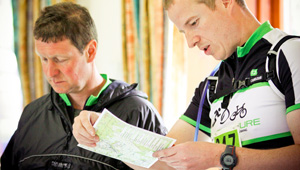












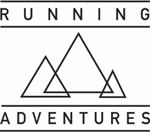
Contact Us
Follow us on YouTube
Follow us on Instagram
Follow us on Twitter
Become a Fan on Facebook